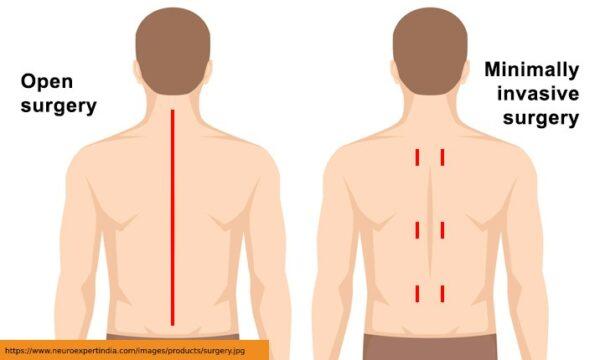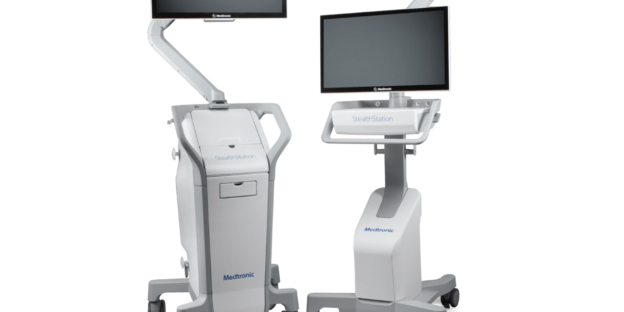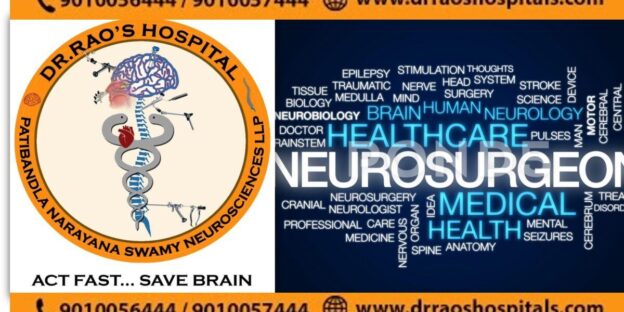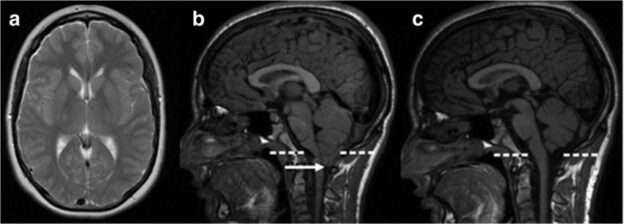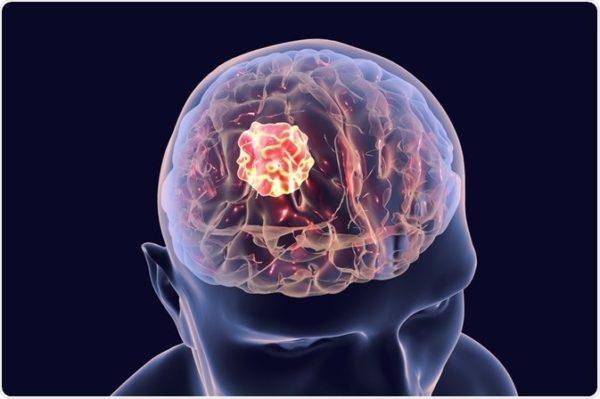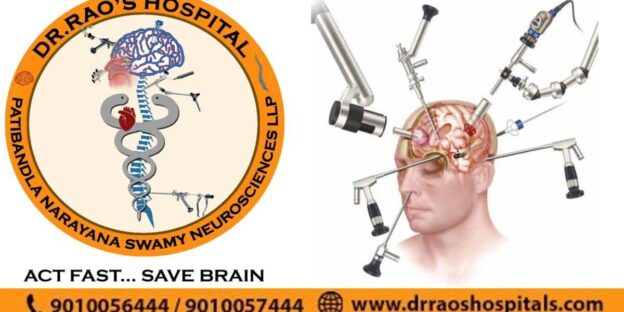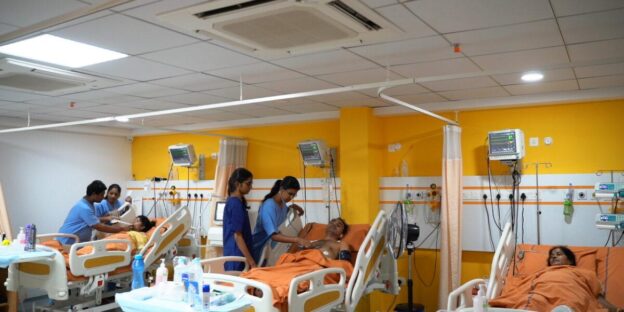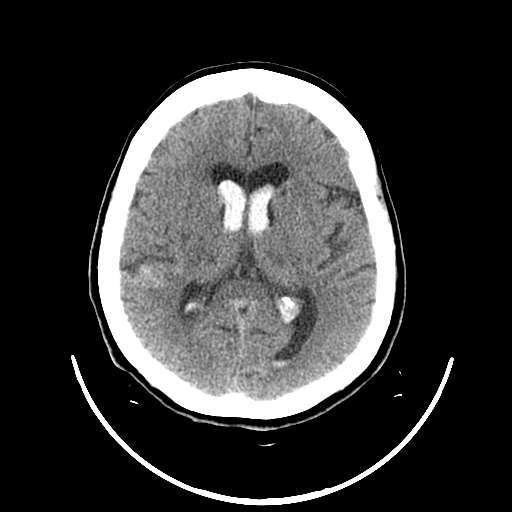Comparing Minimally Invasive and Traditional Open Neurosurgery: Which is Right for You?
Are you considering neurosurgery? Discover the differences between minimally invasive and traditional open neurosurgery in our comprehensive blog. Learn which approach is right for you, considering factors such as effectiveness, recovery time, and potential risks. Make an informed decision for your neurosurgical needs with expert insights from Dr. Mohana Rao Patibandla, the best neurosurgeon in India, and the exceptional care provided at Dr. Rao’s Hospital.
Introduction: Neurosurgery has witnessed significant advancements in recent years, offering patients more treatment options than ever before. Two primary approaches, minimally invasive neurosurgery and traditional open neurosurgery, have emerged as effective techniques. In this blog, we will explore the differences between these approaches and help you understand which might be the right choice for your specific needs.
Introducing Dr. Rao: The Best Minimally Invasive Neurosurgeon: When it comes to minimally invasive neurosurgery, Dr. Rao stands as a distinguished expert in the field. Dr. Rao’s extensive experience and expertise have positioned them as a leading figure in performing complex procedures with minimal invasiveness. Patients who seek Dr. Rao’s care can expect the highest level of precision, innovation, and patient-centered treatment.
The Best Neurosurgery Hospital in Guntur and India: Dr. Rao’s Hospital: Dr. Rao’s Hospital, located in Guntur, India, holds a stellar reputation as one of the best neurosurgery hospitals in the region and across India. The hospital boasts state-of-the-art facilities, cutting-edge technology, and a dedicated team of medical professionals, including skilled neurosurgeons and a compassionate support staff. Patients at Dr. Rao’s Hospital receive world-class care, individualized treatment plans, and a commitment to excellence in neurosurgical procedures.
Comparing Minimally Invasive and Traditional Open Neurosurgery:
- Surgical Approach: Minimally Invasive Neurosurgery: This approach involves using small incisions and specialized instruments, such as endoscopes and robotic systems, to access and treat the affected area. The goal is to minimize tissue disruption and trauma, leading to reduced scarring, pain, and recovery time.
Traditional Open Neurosurgery: This approach involves larger incisions to access the target area, providing direct visualization and access for the surgeon. It allows for comprehensive exposure and manipulation of tissues, making it suitable for complex and large-scale procedures.
- Benefits and Risks: Minimally Invasive Neurosurgery:
- Reduced blood loss, post-operative pain, and hospital stay
- Faster recovery and return to normal activities
- Lower risk of infection and complications
Traditional Open Neurosurgery:
- Allows for a more extensive surgical field and precise manipulation of tissues
- Suitable for complex cases and conditions requiring extensive intervention
- May involve longer recovery time and increased risk of scarring and infection
- Conditions Treated: Minimally Invasive Neurosurgery:
- Minimally invasive techniques are often employed for conditions such as brain tumors, spinal disorders, herniated discs, and certain vascular abnormalities.
Traditional Open Neurosurgery:
- Traditional open surgery remains the preferred approach for cases requiring complex tumor resections, extensive spinal fusions, aneurysm clipping, and certain vascular malformations.
- Personalized Approach: Ultimately, the choice between minimally invasive and traditional open neurosurgery depends on several factors, including the specific condition, its complexity, and the patient’s overall health and preferences. Dr. Rao, as an expert in both techniques, assesses each patient’s unique situation to recommend the most appropriate approach for optimal outcomes.
Conclusion:
When it comes to choosing between minimally invasive and traditional open neurosurgery, it is crucial to consult with an experienced neurosurgeon like Dr. Rao. With their expertise and the advanced facilities available at Dr. Rao’s Hospital, patients can be confident in receiving the highest standard of care tailored to their individual needs. The goal is to achieve successful treatment outcomes while minimizing discomfort and promoting faster recovery, ultimately restoring patients’ quality of life.
Disclaimer: The information provided in this blog is for informational purposes only and should not be considered medical advice. It is important to consult with a qualified neurosurgeon to discuss your specific condition and determine the most suitable treatment approach.
Dr. Rao’s expertise in minimally invasive neurosurgery and the exceptional care provided at Dr. Rao’s Hospital in Guntur, India, ensure that patients receive the best possible treatment for their neurosurgical needs. By staying at the forefront of advancements in the field, Dr. Rao and the hospital team continuously strive to offer the most effective and least invasive approaches to their patients.
Remember, the decision between minimally invasive and traditional open neurosurgery depends on various factors. Your neurosurgeon will evaluate your condition, discuss treatment options, and consider your preferences to develop a personalized approach that best meets your needs.
In conclusion, the choice between minimally invasive and traditional open neurosurgery is a complex decision that requires careful consideration. Dr. Rao, renowned for their expertise in minimally invasive neurosurgery, and the exceptional care provided at Dr. Rao’s Hospital, ensure that patients receive the highest standard of treatment. By leveraging the latest advancements and tailoring the approach to individual patients, Dr. Rao and the hospital team prioritize successful outcomes and patient satisfaction. Schedule a consultation with Dr. Rao to discuss your specific condition and embark on a treatment journey that offers the best possible results for your neurosurgical needs.

